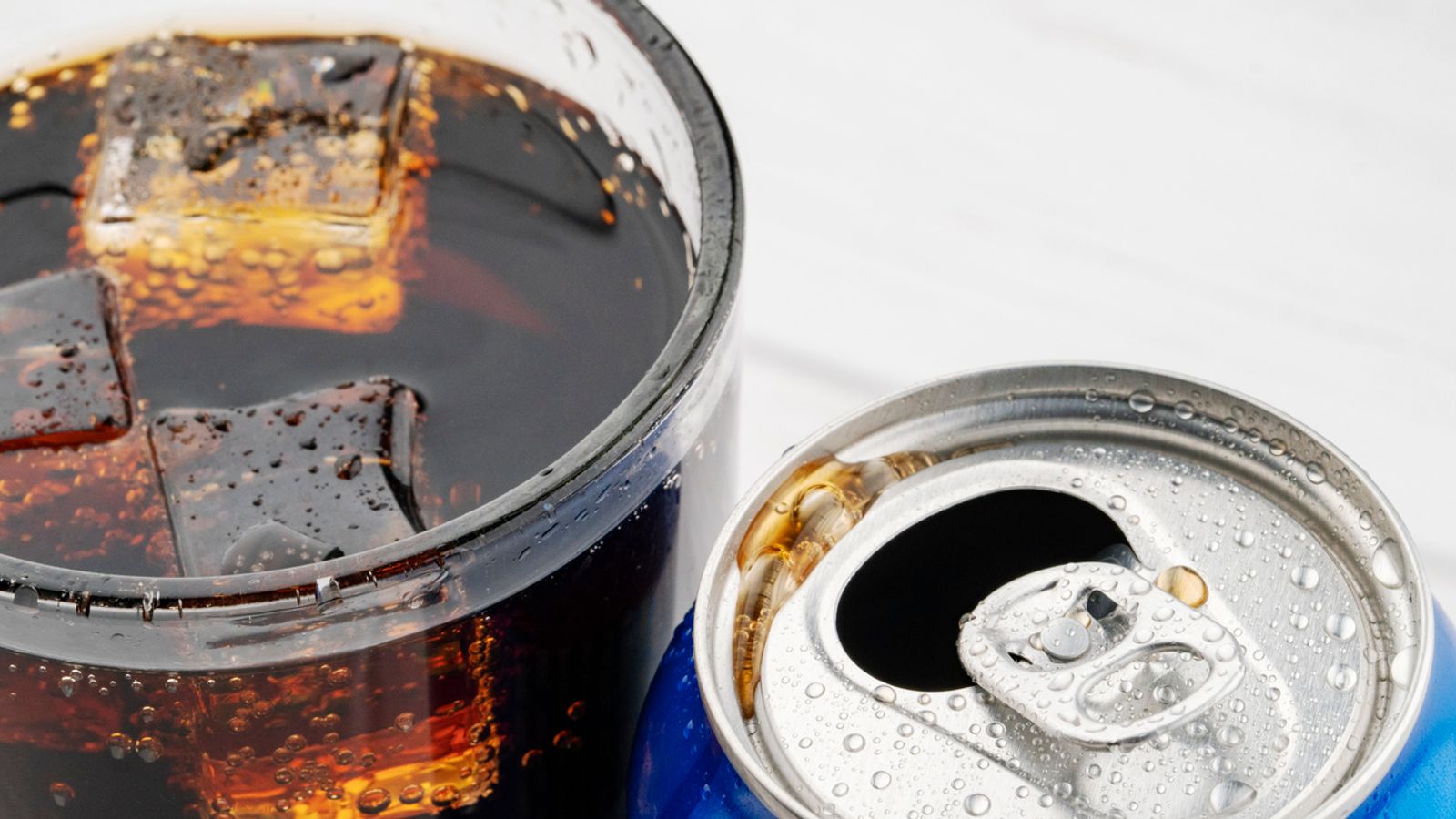The consumption of sugary soft drinks has declined over the years, marking a significant public health achievement due to the well-documented health risks associated with high sugar intake.
However, this positive shift has been countered by an increase in the consumption of diet soft drinks, which are now commonly detected in wastewater. This raises questions about the long-term health effects of regularly consuming diet sodas, despite their reputation as healthier alternatives.
Diet soft drinks replace sugar with artificial or natural sweeteners to mimic the taste of regular soft drinks without the added calories. Artificial sweeteners like aspartame, saccharin, and sucralose, and natural ones like stevia and monk fruit extract, are used to achieve the desired sweetness.
Although diet sodas are marketed as better choices for reducing sugar intake and managing weight, there is concern about their broader health impacts, which are not always fully understood by the public.

Research into the safety of artificial sweeteners, particularly aspartame, has produced mixed findings. While food authorities in various countries consider these sweeteners safe for consumption, some studies suggest that regular consumption of diet soft drinks may be linked to increased risks of metabolic conditions such as diabetes and heart disease.
Notably, in 2023, the World Health Organization classified aspartame as “possibly carcinogenic to humans,” although more research is needed to confirm any cancer risks.
The effectiveness of diet soft drinks in managing weight is also debated. The WHO’s 2022 systematic review found that while some controlled trials suggest a modest weight loss benefit from artificial sweeteners, observational studies indicate that high consumption may be associated with a higher risk of obesity and increased body mass index.
This suggests that diet sodas may not be an effective tool for long-term weight management and the WHO advises against using them for this purpose.
Furthermore, diet soft drinks have been linked to other potential health issues. Early research suggests that artificial sweeteners might contribute to digestive problems and inflammation, potentially exacerbating conditions like irritable bowel syndrome.
They have also been associated with liver disease and dental erosion due to their acidic content. Therefore, moderation is advised, with plain water, herbal teas, and milk being better choices for hydration and overall health.
